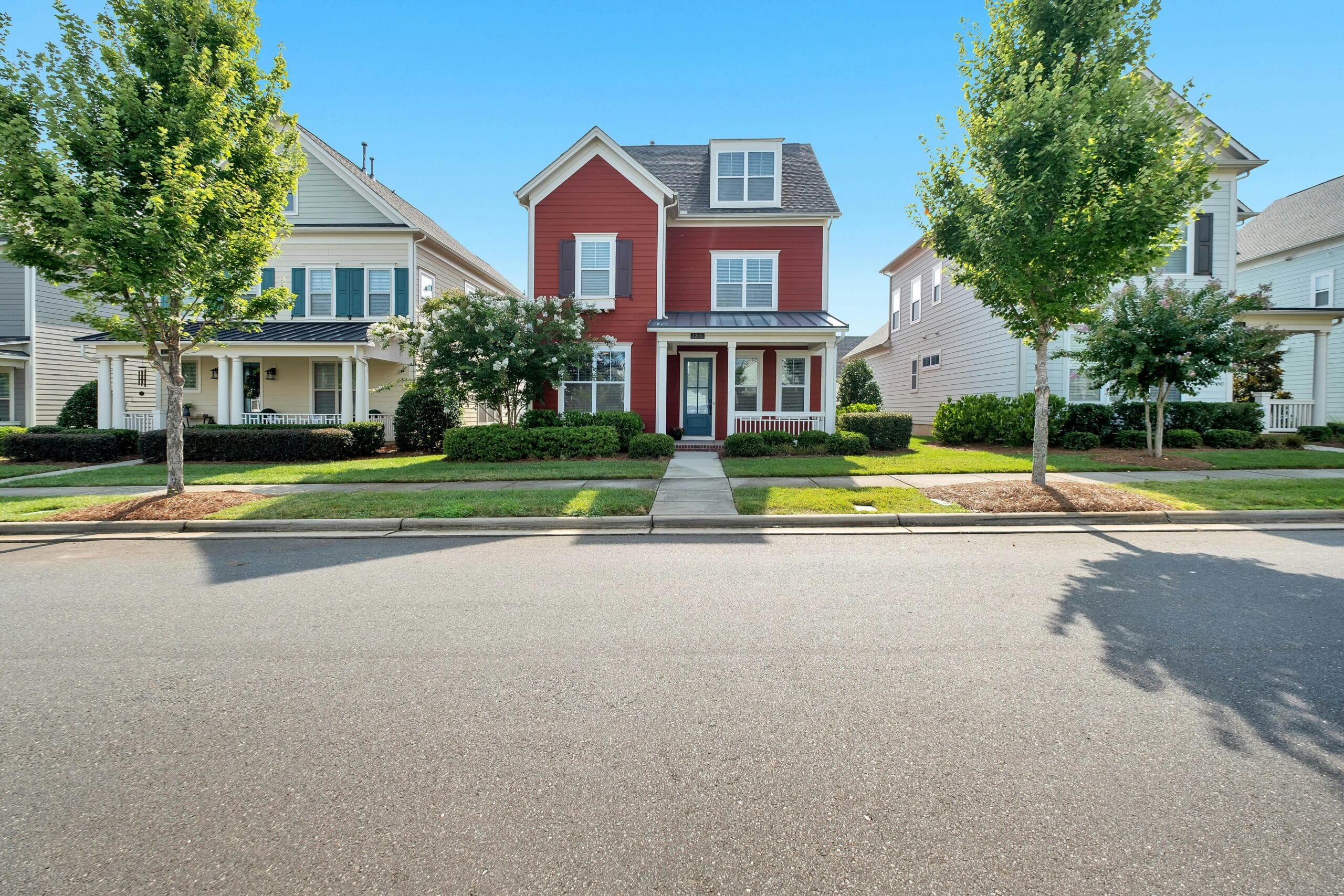In my day-to-day Realtor® life, I almost never get asked about zoning. Since I primarily sell homes, this isn’t out of the ordinary. That said, zoning can have a huge impact on a property owner’s rights, use and enjoyment of the property, as well as the property value, so I’m often surprised that most people don’t tend to give it any thought.
Why does it matter? For one example, not all houses have the same zoning. Most houses in our community are built on strictly residential lots which exclude other uses of the property. Even so, are you aware that some residential lots allow for significant subdivision? This may create a future opportunity for someone to replace a cottage with a small apartment building, condos or even transform a large lot into multiple, smaller, single family homes (beyond the recent provisions of SB-9). If your house is downtown, or on a major thoroughfare, your land may also be zoned permissible for commercial, office or mixed-use. These additional possibilities may add value to your property when you’re ready to sell, even if the only thing on your lot is a house.

Now think about the same concept in reverse. Do you know anything about the zoning in the neighborhood, or adjacent properties? If not, you may want to ask. Downtown Danville is a great example, as we do have a number of homes adding to the charm and beauty of downtown. Before buying one, you may want to think about what future uses the neighboring home or property might have. Are you comfortable with the idea of the cute little house next door turning into a restaurant, or other business? Another example would be homes that back up to undeveloped land, parks and golf courses. Depending on the zoning, these are all areas that might potentially be converted to other uses in the future.
Taking things a step further, did you know that some residences are zoned “agricultural.” This type of zoning has significant benefits to those who wish to use the property for both residential and agricultural purposes. Benefits may include the ability to have more animals on the property than traditional, residential zoning. There may also be protections in place for these uses. Two examples would be less restrictive setback requirements and the ability to run an agriculture related business on site. Agricultural zoning is important to understand. It may be priceless for someone with horses, but it might not make sense for a developer who is looking for land to subdivide. Agricultural zoning comes with stricter preservation of rare, large parcels, in order to maintain these spaces in our communities. The provisions of SB-9, which made subdivision of residential lots (or the addition of ADUs) much easier, do not apply to agricultural zoning.
Every home is unique. Please feel free to reach out to me at 925-964-5010 or via email at Lisa.Hopkins@Compass.com for a custom analysis. Even if you’re not planning to move, I’m happy to help by providing you with relevant data, enabling you to make a well informed decision. It’s never too early to start planning for success.




